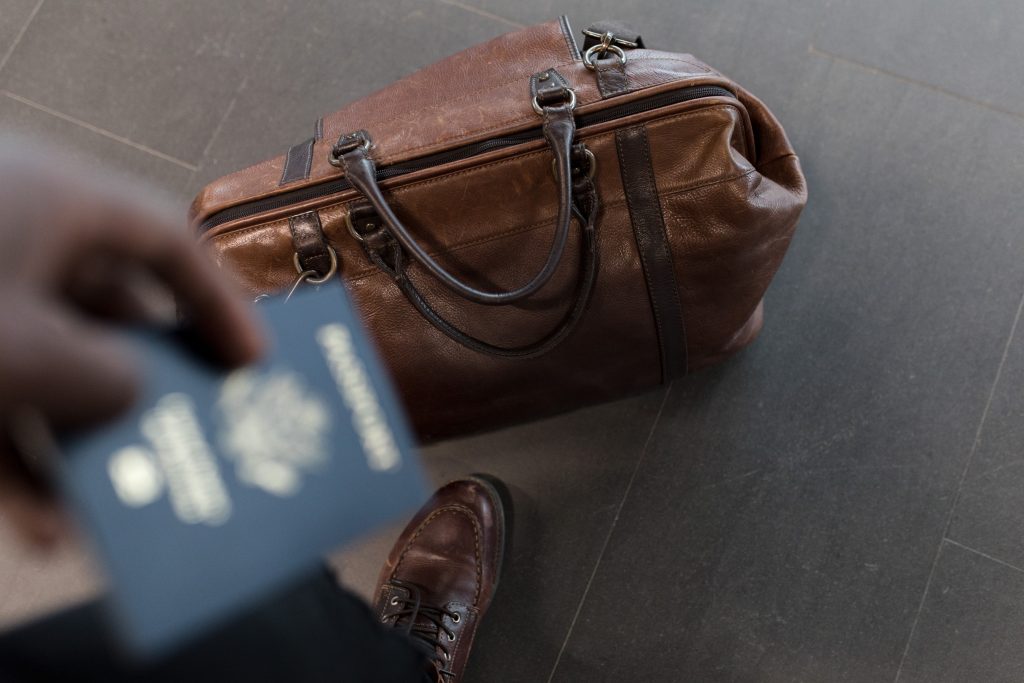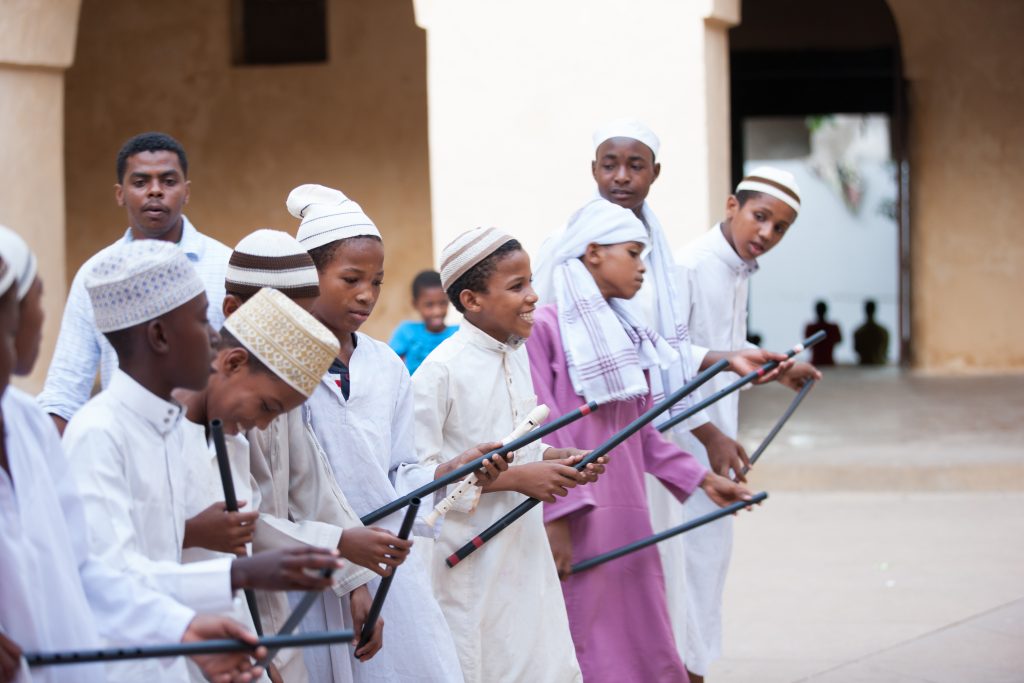While most Muslims don’t like to travel during Ramadhan, there are circumstances that sometimes require them to travel such as work, studies or others.
In case you need to travel during this time, especially on Safari, these are just a few travel tips:
- Decide if you have to fast
While fasting is prescribed and compulsory to Muslims, the religion does consider some conditions in which it is difficult for a Muslim to fast where it is not compulsory, one of this is travel.
“(Fasting) for a fixed number of days; but if any of you is ill, or on a journey, the prescribed number (should be made up) from days later.”
Surah Al-Baqarah, 2:185
In case you do not fast, you will however have to make up for any days you missed after the current Ramadan, but before the next one.
2. Take a Ramadhan Calendar
The times for breaking fast vary not only across countries but also across towns within the same country. Most places while on Safari do not have mosques nearby where you can hear the adhan, so make sure you carry with you a calendar of the local fasting times or check out the times on the internet. Since some safari destinations do not have wifi, you are better prepared to print the timings before you travel.
3. Pack iftar and suhoor snacks

You never know where you will be when it’s time to break fast, there are chances of flight delays, car breakdowns etc. So pack your dates, granola bar, water etc to make sure you are prepared. While some hotels may provide snacks for breaking fast, most don’t rely on the hotels to provide you with suhoor or dates.
4. Time your Trips

Be cognizant of the iftar and suhoor times and plan your flight and driving itinerary around that. While at Halal Safaris we make sure our trips do not coincide with iftar, suhoor and prayer times, when booking your own trips with other agencies you have to take your own initiative to select the itinerary that works for you.
5. Make local friends

Ramadhan is a time for charity and kindness. Africans are known for their generosity and general welcoming nature. If you take time to make Muslim friends in the destinations you visit at this time and inform them that you are traveling, they will more than likely welcome you into their homes for iftar, take you to their local mosques and sometimes pack evening snacks for you.
6. Download Muslim-friendly Apps
To help with your travels on the go, there are several apps that help you read Quran, know prayer, iftar and suhoor times, and check the Qibla. One of our favorite is Quran Majeed – Ramadan القرآن المجيد available on both Android and Apple iTunes for prayer times, Qibla, Finding masjids, reading the Quran, and many other services.
7. Drink lots of Water
African weather is typically hot in most places, so it’s very easy to get dehydrated when fasting. Make sure that you drink lots of water when you break fast and wake up for suhoor.
8. Ask for Suhoor Meals
Most hotels in the world serve breakfast after 7am, but some hotels when requested can offer you your breakfast earlier if you request or pack you some food. It doesn’t hurt to ask. The worst they can say is no and you can just pack yourself some snacks in advance. At Halal Safaris we will take charge to coordinate with our partner hotels to provide Suhoor for all our visitors as well as iftar snacks when they travel during Ramadhan.

9. Take note of the local culture
Africa is very diverse and cannot be generalized, so while the tips provided are applicable in most safari destinations, some destinations actually have a majority Muslim population so Ramadhan travel to these places are more similar to traveling in the Middle East during Ramadhan. Some of these destinations include Lamu, Zanzibar, Mombasa, among others. Watch out for our upcoming blog to learn more about Ramadhan travel to these destinations.

